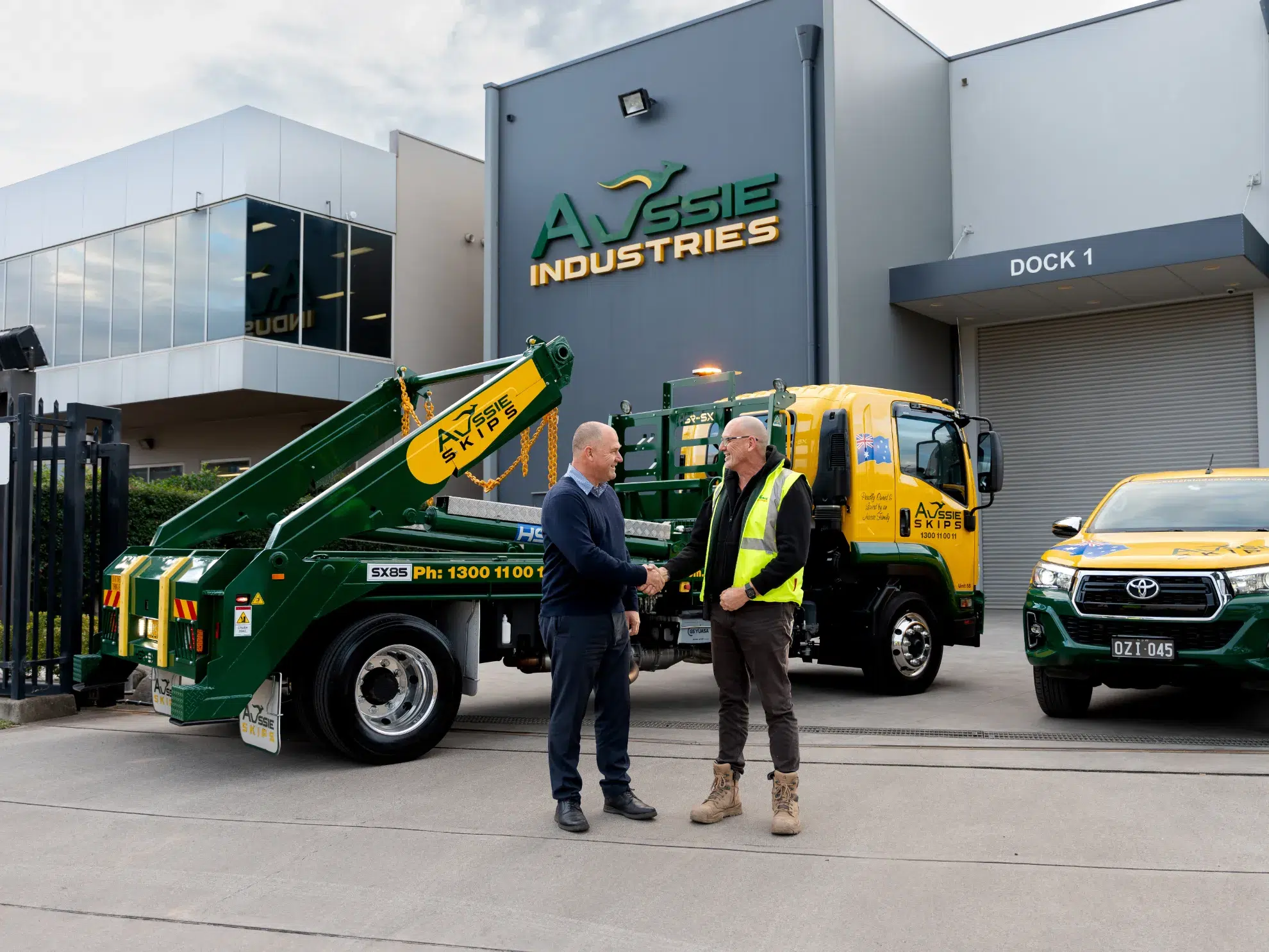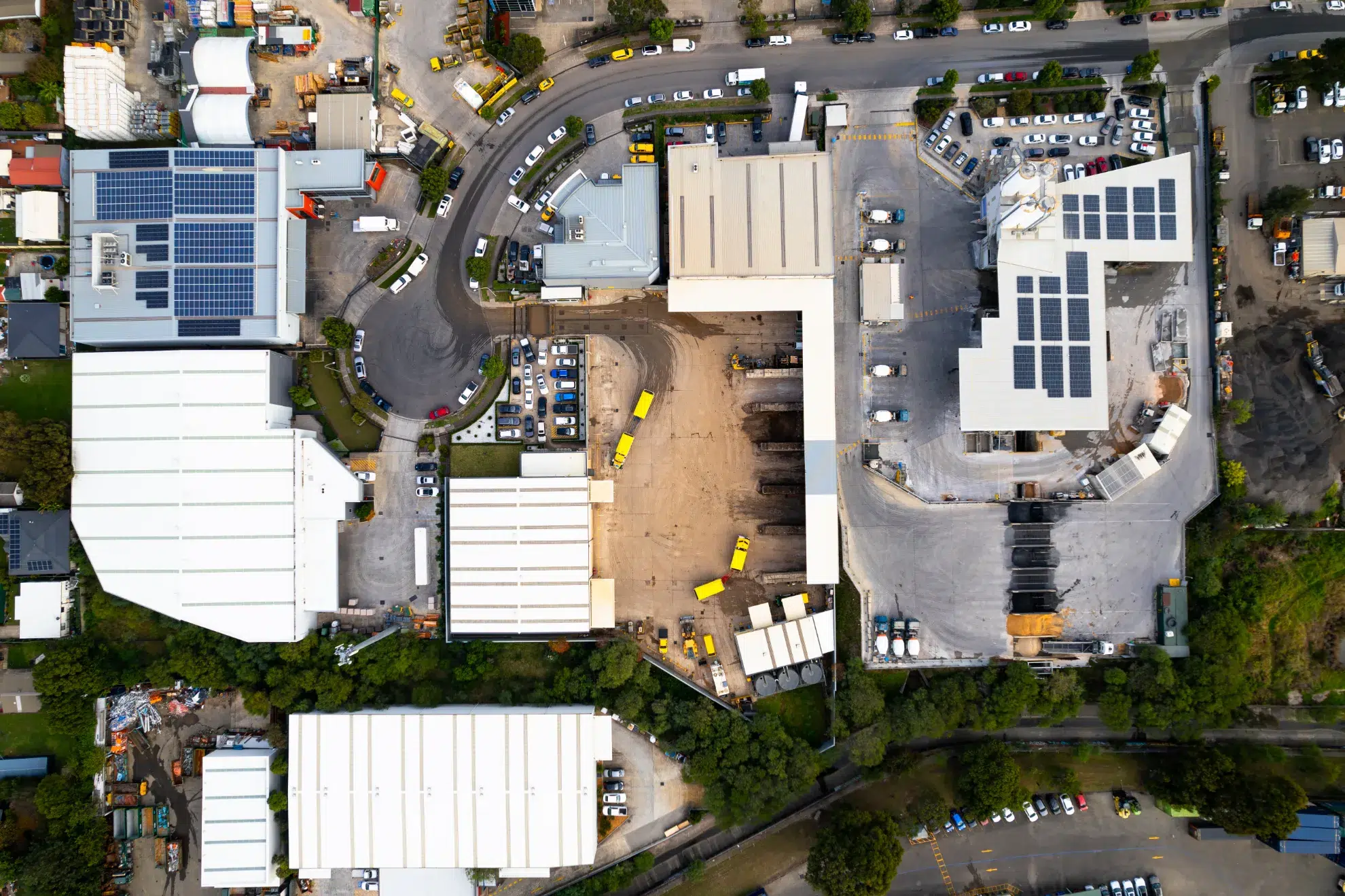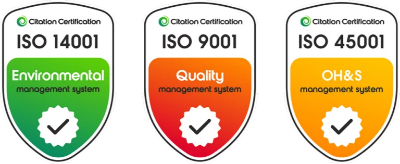Choosing the right skip bin size for your project can be a daunting task. Whether you are undertaking a small home renovation, a major construction project, or simply doing a bit of spring cleaning, selecting the correct skip bin size is essential for efficient waste management. Here's a comprehensive guide to help you make the right choice.
Assess the Scope of Your Project
The first step in choosing the right skip bin size is to assess the scope of your project. Determine the type and amount of waste you will generate. Different projects produce different types of waste, from general household rubbish to construction debris, green waste, and more.
- Home Renovations: These projects typically generate a mix of materials such as old furniture, plaster, timber, and metal. For a small renovation, a 2-4 cubic metre skip bin might suffice, but larger projects could require a 6-10 cubic metre bin.
- Construction Projects: Large construction projects produce a significant amount of waste. Depending on the project's size, you might need skip bins ranging from 10 cubic metres to 30 cubic metres.
- Garden Clean-ups: Green waste like branches, leaves, and soil are common in garden projects. A 2-4 cubic metre skip bin is usually adequate for small to medium-sized gardens.
- General Household Clean-ups: For decluttering or spring cleaning, a 2-6 cubic metre skip bin is generally enough, depending on the amount of waste.
Understand Skip Bin Sizes
Skip bins come in a variety of sizes, typically measured in cubic metres. Understanding these sizes will help you estimate the right one for your needs:
- 2 Cubic Metres: Suitable for small clean-ups or garden waste.
- 4 Cubic Metres: Ideal for medium-sized renovations or garden projects.
- 6 Cubic Metres: Perfect for larger home renovations or a mix of household and garden waste.
- 8 Cubic Metres: Great for larger household clean-ups or small construction projects.
- 10 Cubic Metres and Above: Necessary for significant construction projects or large amounts of bulky waste.
Consider Access and Space
Before choosing a skip bin size, consider where you will place it. Ensure you have enough space to accommodate the bin, and check for any access issues. If you have limited space, you might need to opt for a smaller bin or consider multiple smaller bins instead of one large bin.
Plan for Waste Segregation
Segregating waste can help you determine the right skip bin size more accurately. By separating recyclables, green waste, and general waste, you can avoid overfilling a single bin and may even save money by using smaller, more specific bins for different types of waste.
Account for Unexpected Waste
It's always better to overestimate your waste rather than underestimate it. Many people make the mistake of choosing a bin that is too small, leading to additional costs for extra bins or overloading fines. Consider choosing a bin size that is slightly larger than your initial estimate to accommodate any unexpected waste.
Consult with a Skip Bin Rental Service
If you're unsure about the right skip bin size, consult with a professional skip bin rental service. They have experience with various projects and can provide valuable advice based on your specific needs. Describe your project in detail to get an accurate recommendation.
Understand the Regulations
Different areas have different regulations regarding skip bins. Make sure you are aware of local regulations, including permits for placing a skip bin on public property. Some areas have restrictions on certain types of waste, so ensure you comply with these rules to avoid any legal issues.
Evaluate Cost vs. Convenience
Larger skip bins are more expensive, but they can save you from the inconvenience and additional cost of ordering multiple smaller bins. Evaluate the cost-effectiveness of your choice based on the volume of waste and the nature of your project.
Conclusion
Choosing the right skip bin size is crucial for efficient waste management and cost-effectiveness. By assessing the scope of your project, understanding skip bin sizes, considering access and space, planning for waste segregation, accounting for unexpected waste, consulting with professionals, understanding regulations, and evaluating cost vs. convenience, you can make an informed decision. Contact Aussie Industries today to find the perfect skip bin for your project.




